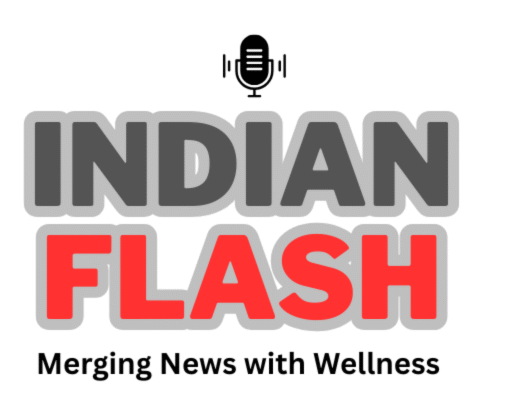Explore if two eggs meet your daily protein needs. We uncover how lifestyle and other food choices shape your total protein intake for muscle health, energy, and overall well-being.
❓ Are Two Eggs a Day Enough to Meet an Adult’s Protein Needs?
Not quite. While two eggs offer around 12–14 grams of high-quality protein, this amount falls short of the daily requirement for most adults.
A sedentary adult needs about 0.8 grams of protein per kilogram of body weight. For example, a person weighing 70 kg (154 lbs) needs around 56 grams of protein daily. Two eggs only provide about 25% of that.
🍳 What Makes Eggs a Good Protein Source?
Eggs are a complete protein, meaning they contain all nine essential amino acids your body can’t make on its own. In addition, they come packed with:
- Vitamin B12
- Riboflavin
- Choline
- Selenium
- Healthy fats
They’re also low in calories and extremely versatile, making them a convenient, nutrient-dense food.
🥣 Are Two Eggs Enough for Breakfast?
Two eggs can form the foundation of a balanced breakfast, especially when paired with:
- Whole grains (like oats or whole wheat toast)
- Dairy (like Greek yogurt or cheese)
- Nuts and seeds
- Fruits and vegetables
Adding these helps increase overall protein, fiber, and micronutrient intake, leading to better satiety and sustained energy throughout the morning.
🍗 What Are Other Protein-Rich Foods to Include?
To hit your daily protein targets, consider these options:
- Chicken or lean meat: 25–30g/serving
- Fish: 20–25g/serving
- Greek yogurt: 10–20g/serving
- Lentils & beans: 15–20g per cup
- Tofu or tempeh: 15–20g/serving
- Nuts/seeds: 5–10g/serving
Diversifying your protein sources ensures a broader range of nutrients and avoids over-reliance on any single food.
🥬 What About Vegetarians and Vegans?
Vegetarians can supplement egg intake with:
- Dairy (milk, cheese, yogurt)
- Legumes and pulses
- Whole grains (quinoa, brown rice)
Vegans, who avoid eggs entirely, can still meet their needs with:
- Lentils, chickpeas, black beans
- Soy-based products (tofu, tempeh, edamame)
- Quinoa and amaranth
- Plant-based protein powders
With mindful planning, even a plant-based diet can easily fulfill daily protein requirements.
❤️ Is the Cholesterol in Eggs a Concern?
Eggs contain about 186 mg of cholesterol, all found in the yolk. However, modern research shows that dietary cholesterol has minimal impact on blood cholesterol levels for most people.
For healthy individuals, consuming up to 2–3 eggs per day is considered safe. Those with heart disease, diabetes, or high cholesterol should consult a healthcare provider for personalized advice.
✅ What’s the Best Way to Use Eggs in a Balanced Diet?
- Don’t rely on eggs alone for your protein.
- Pair eggs with fiber-rich and protein-rich sides (whole grains, legumes, dairy).
- Balance your meals with fruits, vegetables, and healthy fats.
- Be mindful of how you cook eggs—boiled or poached is better than fried in excess butter or oil.
❓
FAQ – Eggs and Daily Protein Intake
Q: Are eggs a complete protein?
A: Yes, eggs contain all nine essential amino acids, making them a complete protein source.
Q: Can I meet my protein needs with eggs alone?
A: Unlikely. You would need 8–10 eggs to meet daily needs, which may not be practical or balanced.
Q: Are eggs good for weight loss?
A: Yes. Their high protein content supports satiety and metabolism, especially when part of a high-protein breakfast.
Q: What if I’m vegetarian and don’t eat meat?
A: Combine eggs with dairy, legumes, nuts, and whole grains to meet your protein requirements.
Q: Are plant-based proteins as good as eggs?
A: Yes, when combined wisely. Legumes, soy, and whole grains can provide a full amino acid profile over the day.
Final Tip:
While two eggs offer a nutritious start, they’re just one piece of the protein puzzle. Build meals with variety, balance, and intention to meet your essential macronutrient needs for energy, muscle repair, and overall well-being.




